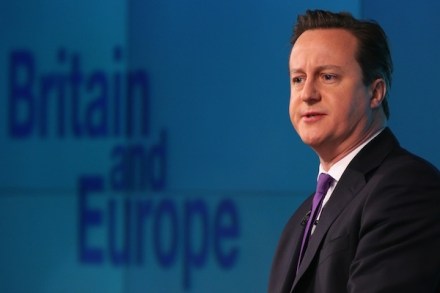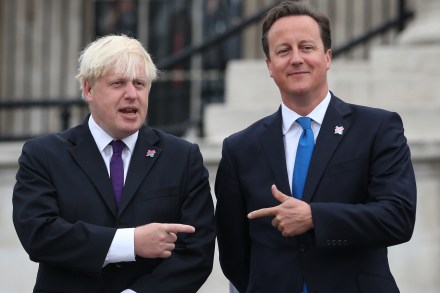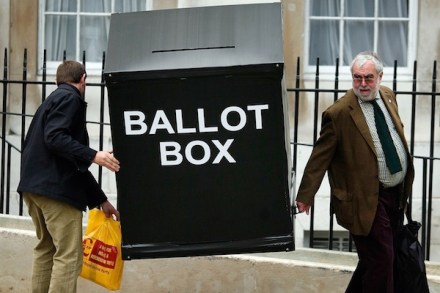Boris Johnson: an eminently likeable politician who poses little threat to David Cameron
Even Boris can’t help the toxic Tories. That’s the upshot of Lord Ashcroft’s latest polling, which asked 8,000 people (including several focus groups outside of London) about what they think of the mayor. Although Boris Johnson is the country’s most loved politician, he is not the voters’, or even Conservatives’, top choice as prime minister. David Cameron remains the favourite at 33 per cent to Boris’ 29: Half of those polled said that if Johnson was leader of the Conservative party, it would ‘make no difference’ as to whether they were more or less likely to vote Conservative. This is a blow to the Cameron dissenters, who have always believed that Boris



















